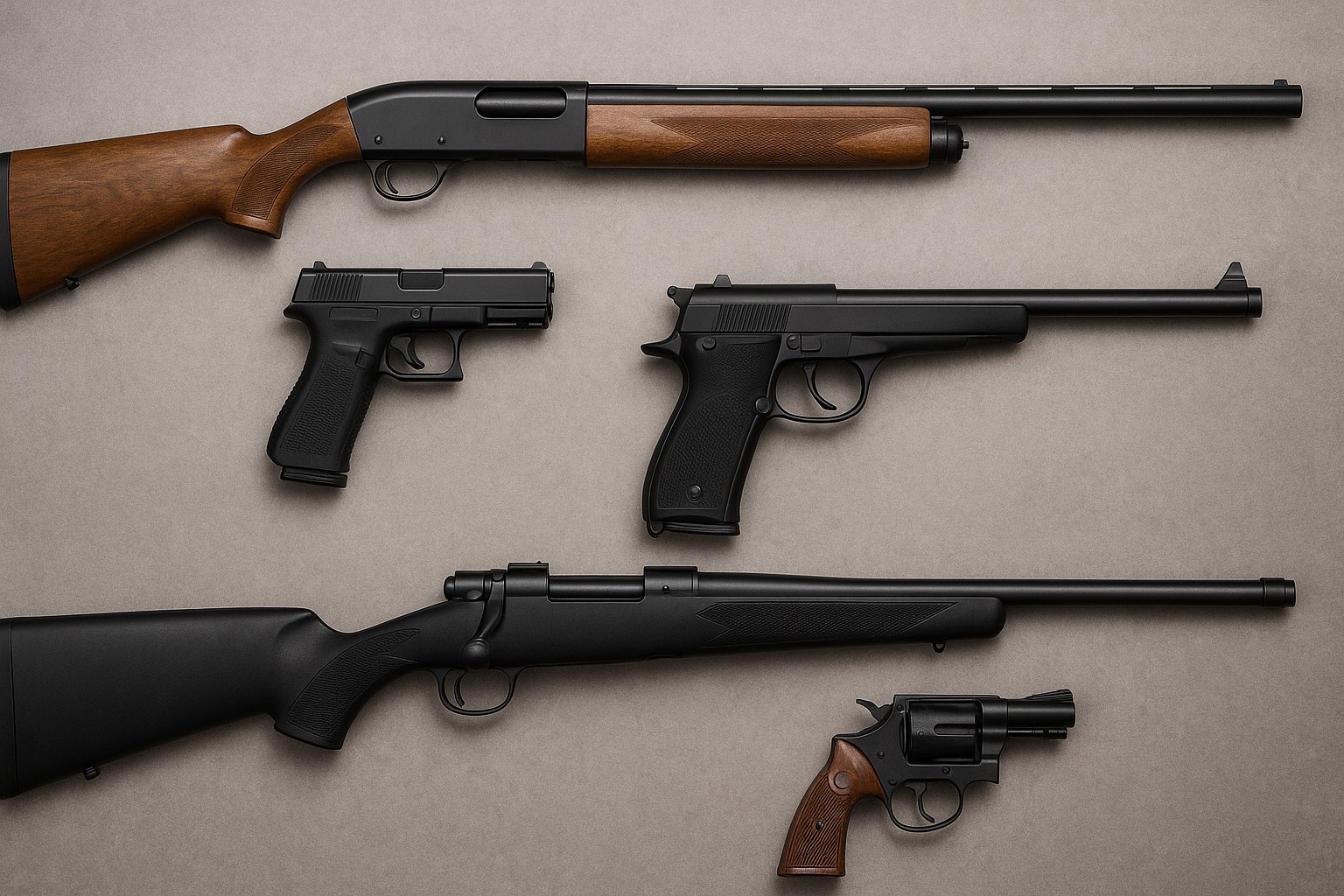The interim government has made it tougher for individuals to acquire firearms licences, tightening income and fee requirements in a newly issued policy aimed at reducing the ease of owning lethal weapons for personal security, sources concerned said.
Under the revised policy, anyone seeking licences for pistols, revolvers or rifles must now provide proof of paying a minimum of Tk 500,000 in income tax annually for three consecutive financial years. For shotguns, the annual tax requirement stands at Tk 200,000 for each of the past three years.
The Home Ministry issued the new policy on July 10, amending the Firearms Licensing, Renewal and Usage Policy last updated in 2016. Previously, the income threshold was Tk 300,000 for pistols, revolvers and rifles, and Tk 100,000 for shotguns over the same period.
Officials at the ministry confirmed the changes were made with the deliberate aim of discouraging firearm acquisition through a steeper financial barrier.
A review of the new rules shows that the government has doubled nearly all fees associated with firearms.
For individuals, the fee to obtain a pistol or revolver licence has been raised to Tk 60,000 from the previous Tk 30,000. For guns, shotguns and rifles, the fee now stands at Tk 40,000, up from Tk 20,000.
Renewal fees have also seen a sharp hike.
Renewing a pistol or revolver licence will now cost Tk 20,000, double the previous Tk 10,000. For shotguns, rifles and guns, the renewal fee has been set at Tk 10,000, up from Tk 5,000.
Banks and financial institutions will also feel the impact, as their licence fee has risen to Tk 50,000 from Tk 20,000, with renewal fees similarly doubled to Tk 10,000. Other organisations must now pay Tk 100,000 for a licence, compared to Tk 50,000 previously. Firearms dealers and repairers must pay Tk 40,000, up from Tk 20,000.
For expatriates or dual citizens seeking firearm licences, proof of remitting Tk 1.2 million annually over three consecutive years and evidence of foreign tax payment are now prerequisites.
However, exemptions remain for individuals holding high-ranking positions or enjoying special privileges.
Those entitled to firearms without meeting income tax requirements include the Speaker and Deputy Speaker of Parliament, ministers, state ministers and persons of equivalent rank, mayors of city corporations and A-category municipalities, as well as chairpersons of district and upazila councils, constitutional officeholders, and commissioned military officers, both serving and retired.
Recognised figures in industry, literature, culture, sports, science, and research, with prior approval from the home ministry, are also eligible.
Liberation War honourees, constitutional officeholders, and retired public servants from grade-6 and above of the national pay scale remain exempt from both licensing and renewal fees.
The revised policy clearly states that individuals charged in criminal cases or those convicted by a criminal court will not be eligible for a firearms licence. Furthermore, convicts cannot apply for a licence within five years of completing their sentence.
The Home Ministry’s policy shift reflects a broader effort by the government to curb the unchecked proliferation of arms licences, linking eligibility more firmly to financial capacity and legal standing.


